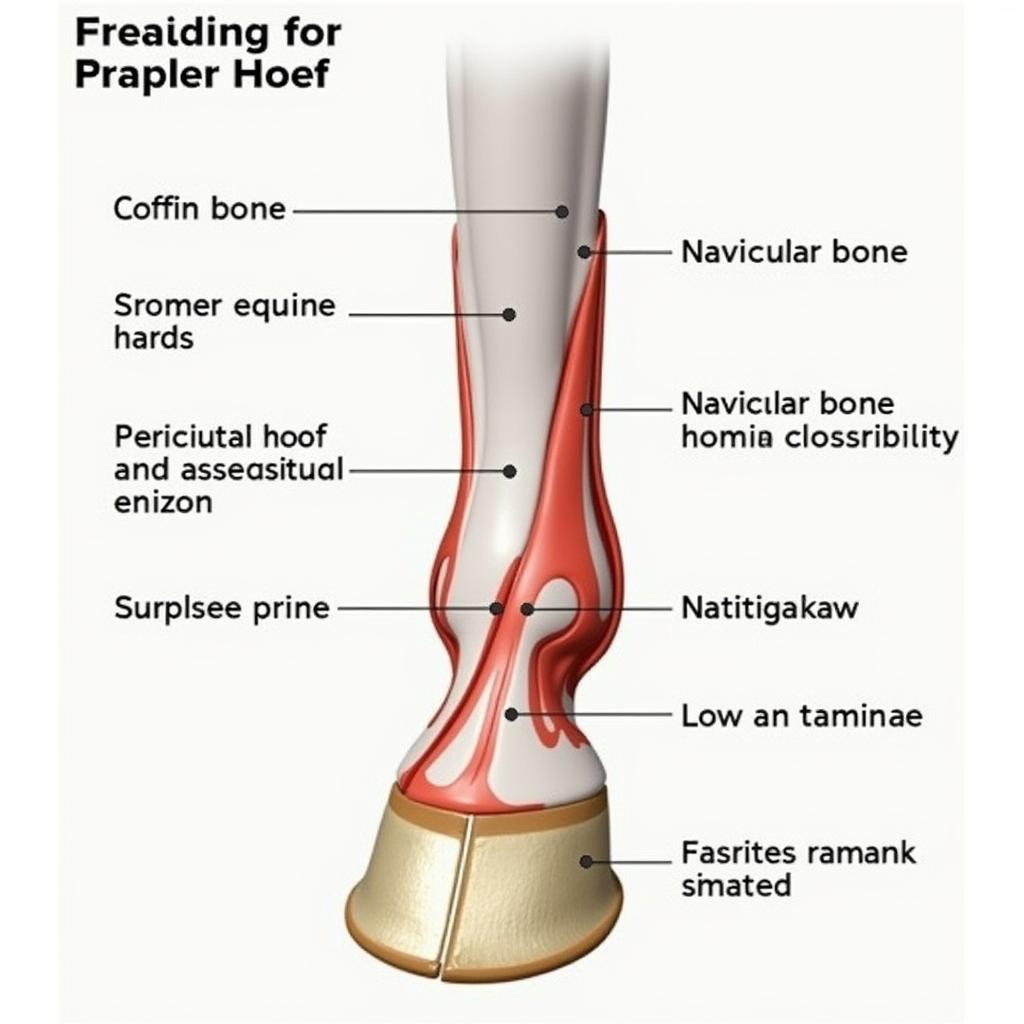Imagine a horse, its powerful muscles rippling beneath a sleek coat, its intelligent eyes reflecting the world around it. Horses have captivated humans for centuries, serving as partners in work, companions in leisure, and symbols of strength and freedom. But what does it truly mean to understand these magnificent creatures? This article explores the multifaceted world of horses, from their physical characteristics to their complex social structures, and offers insights into how we can better appreciate and care for them.
Understanding the Equine Physique
Horses are remarkably adapted animals, possessing a unique combination of strength, speed, and agility. Their skeletal structure, muscular system, and respiratory system all contribute to their athletic prowess. From the powerful hindquarters that propel them forward to the flexible spine that allows for graceful movement, every aspect of their physique is a testament to their evolutionary history. For example, the Wonder Horse Spring Rocking Horse captures some of this equine grace, though in miniature form.
Did you know that a horse’s hoof is actually a highly specialized toe? This complex structure acts as a shock absorber, protecting the delicate bones and joints within. Understanding the intricacies of the equine physique is crucial for proper care and management.
 Detailed cross-section of a horse's hoof, showing the internal structures and layers.
Detailed cross-section of a horse's hoof, showing the internal structures and layers.
Decoding Equine Behavior: What Your Horse is Trying to Tell You
Imagine Horse communication. It’s more than just whinnies and snorts. Horses communicate through a complex system of body language, including ear position, tail movements, and subtle shifts in posture. Learning to interpret these signals can deepen your bond with your horse and enhance your ability to understand their needs and emotions. A drooping ear might indicate sadness or discomfort, while a swishing tail can signal irritation or flies. Even a camera horse can display subtle cues despite its mechanical nature.
What are the key signs of a happy horse? A relaxed posture, soft eyes, and a willingness to engage with you are all positive indicators. Building a strong relationship with your horse requires patience, observation, and a genuine desire to understand their perspective.
The Importance of Proper Horse Care
Providing optimal care for your horse involves addressing their physical and emotional needs. This includes a balanced diet, regular exercise, routine veterinary checkups, and a safe, comfortable environment. Just as you might consider the right horse harness bells for your equine companion, you must also consider their overall well-being.
“Nutrition plays a vital role in a horse’s overall health and well-being,” says Dr. Emily Carter, DVM, equine specialist. “A diet tailored to their individual needs can prevent a wide range of health problems.”
Imagine Horse: From Wild Mustangs to Beloved Companions
The history of horses is intertwined with the history of humanity. From the wild mustangs roaming the American West to the meticulously bred sport horses competing in international arenas, horses have played diverse roles in human societies. The executive rocking horse serves as a charming reminder of this enduring connection.
“Horses have an incredible capacity for connection with humans,” says renowned horse trainer, Johnathan Davies. “Building a strong partnership based on mutual respect and understanding is the key to a fulfilling relationship.”
Conclusion: Embracing the Equine World
Imagine horse, and you imagine a world of power, grace, and connection. By deepening our understanding of these remarkable animals, we can enhance their lives and enrich our own. Whether you’re a seasoned equestrian or simply admire these magnificent creatures from afar, the journey into the equine world is a rewarding one.
FAQs
- What is the average lifespan of a horse?
- What are the different breeds of horses?
- How much does it cost to own a horse?
- What are the common health problems in horses?
- What is the best way to train a horse?
- How often should a horse be groomed?
- What are the signs of a sick horse?
Need more assistance? Contact us at Phone Number: 0772127271, Email: [email protected] Or visit us at QGM2+WX2, Vị Trung, Vị Thuỷ, Hậu Giang, Việt Nam. We have a 24/7 customer support team.